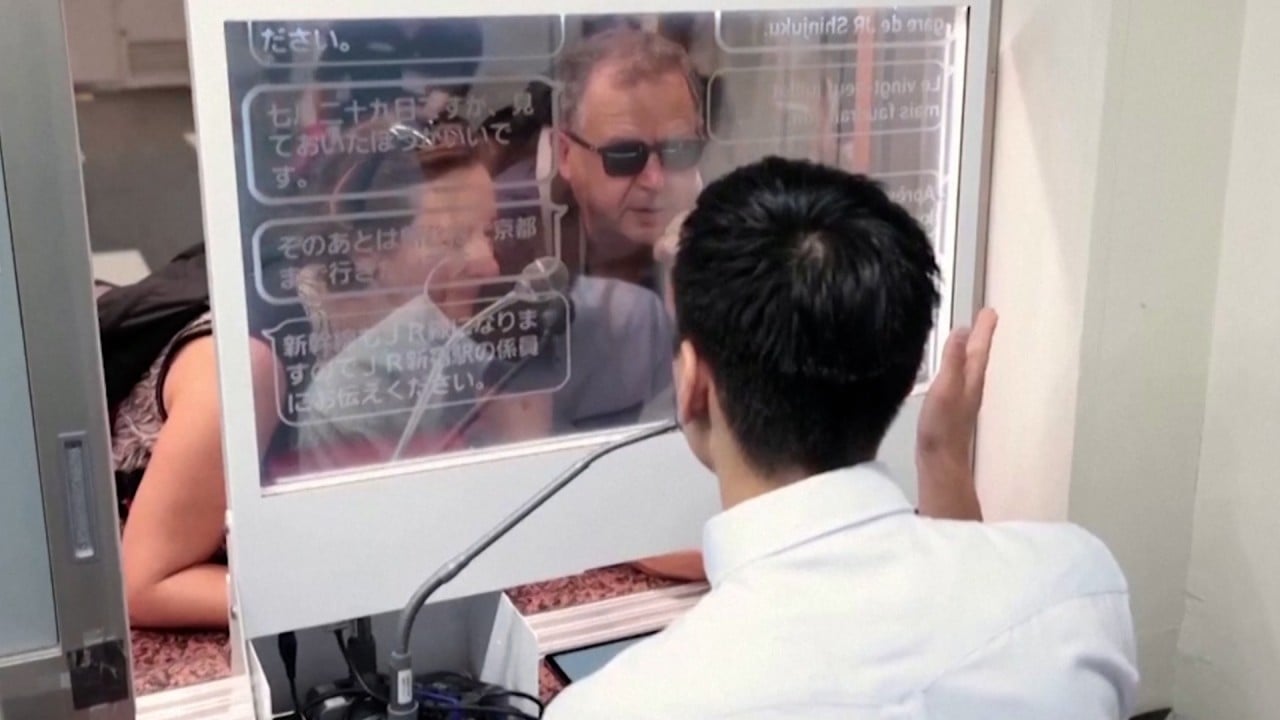Advertisement
With ‘steep’ hike to Japan’s rail pass price, can it be full speed ahead for tourism?
- Visitors will have to pay much more to travel by train, undermining efforts to get them to remote areas and share the windfall from inbound tourism
- There is criticism that the passes still do not cover all trains, and worries that more people might take domestic flights instead, adding to emissions
Reading Time:3 minutes
Why you can trust SCMP
3

The sharp increase in the price of the Japan Rail Pass from October 1 is not putting overseas tourists off booking visits to Japan, according to industry officials, although the move has attracted widespread criticism from foreigners who insist the original cost saver was a significant incentive.
Now, they claim, sightseers will have to pay much more to travel around the country, undermining the government’s efforts to get people to visit the most remote parts of Japan and share the windfall from inbound tourism.
There are also concerns that the new sky-high prices will encourage more people to fly to destinations across Japan, leading to airlines introducing more flights and worsening the industry’s carbon footprint.
Japan Railways Group, made up of six firms, announced in April that prices would increase for a JR Pass. It said the cost of a one-week ticket would rise from 29,640 yen (US$199) to 50,000 yen (US$336) at the start of October.
The two-week pass also went up significantly, from 47,250 yen to 80,000 yen and the three-week pass – the maximum time permitted – leapt from 60,450 yen to 100,000 yen.
Advertisement
